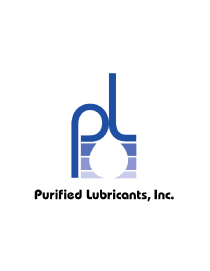When hydraulic oil turns from that golden honey color of new oil to a dark brown, does that mean it must be changed immediately?

When hydraulic oil turns from that golden honey color of new oil to a dark brown, does that mean it must be changed immediately?

Often the only tests and actions performed on a hydraulic system involve changing the filters, sampling the oil and checking the oil level.

Hydraulic fluid performs multiple functions, such as power transmission, lubrication, heat transfer, and conveyance of contamination into filters. With the important roles played by fluids, proper fluid selection is critical in maximizing performance and life of hydraulic pumps, motors, and other components.

Filtering your oil is important for many reasons, such as to extend the life of the oil and the machine. Just because an oil is new does not mean that it is clean.

Turbomachinery is synonymous with highly productive equipment, high costs and high volumes of lubricant usage. For this reason, lubricant contamination control is critical for the reliable operation and long life of these machines.
A good contamination control strategy not only will identify potential contaminants but also determine their source and establish methods to control and measure them consistently. Defining cleanliness targets or maximum concentration levels will be important in selecting the appropriate contaminant removal approach.

